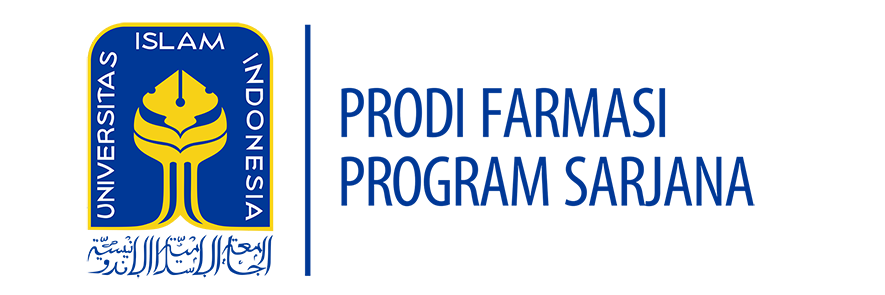COURSE INFORMATION
| Module Name | Nutrition and Dietary Therapy | |||
| Module Level, if applicable | 4th year | Types of teaching and learning | Teaching & Group Discussion | |
| Code, if applicable | SFA-988 | Class size | 50 & 50 | |
| Semester | 7th semester | Attendance time (hours per week per semester) | 2h & 1h | |
| Person responsible for the module | Apt. Chynthia Pradiftha Sari, M.Sc | Forms of active participation | Lectures & Case-Studies And Report Writing | |
| Lecturer(s) | Apt. Chynthia Pradiftha Sari, M.Sc | Workload | Lecture: 2 (hour) x 14 (meeting) = 28
Preparation and follow up 4 (hour) x 14 (self-learning) = 56 Practical: 1 (Hours) X 12 (Meeting) = 12 Preparation And Follow Up: 2 (Hours) X 12 (Self-Preparation) = 24 |
|
| Language | English- Indonesia | Total workload | 120 hours | |
| Relation to curriculum | Elective course | Credit points | 3 CU | |
REQUIREMENTS
| Requirements according to examination regulations | Minimum Attendance At Lectures Is 75% (According To Uii Regulation). Final Score Is Evaluated Based On Assignment And Reports (40%), Mid Semester Exam (30%), And End Semester Exam (30%). |
| Recommended prerequisites | Pharmaceutical Dispensing |
| Related course | – |
| Study and examination requirements and forms of examination | Mid-Term, Final Term, Group Paper |
MODULE OBJECTIVES/INTENDED LEARNING
By the end of this course students should be able to:
- Choose a balanced diet menu that is halal in accordance with Islamic law
- Distinguish between diet and nutrition therapies and applicable regulations
- Understand the stages and types of diet and nutrition therapy
- Calculate calorie needs and provide education related to calories and balanced nutrition
- Provide nutritional therapy options for specific cases
- Provide recommendations for a balanced healthy diet menu and practice it
CONTENT
The course will cover:
- Differentnutritional materials for pharmacists, nutritionists, doctors, nurses
- Defficiency of nutrition and a balanced diet
- Stages of a healthy diet and balanced nutrition
- Choice of types of balanced diet nutrition
- Nutritious food groups
- Types of diet (GM, OCD, KETO etc.)
- Estimated daily calorie requirements based on age, gender and physical activity
- Write and bring a healthy diet menu
- Types and examples of nutrition for special populations (children, pregnant women, geriatrics)
MEDIA EMPLOYED
Slides (power points), and video
READING LISTS
- Burgerstein’s Handbook of Nutrition: Micronutrients in the Prevention and Therapy of Disease. Michael Zimmermann 2001
- DIETARY GUIDELINES FOR AMERICANS 2015-2020 ed 8, DietaryGuidelines.gov
- https://www.who.int/elena/titles/full_recommendations/sam_management/en/
- BALANCED NUTRITION GUIDELINES, MINISTRY OF HEALTH RI 2014
